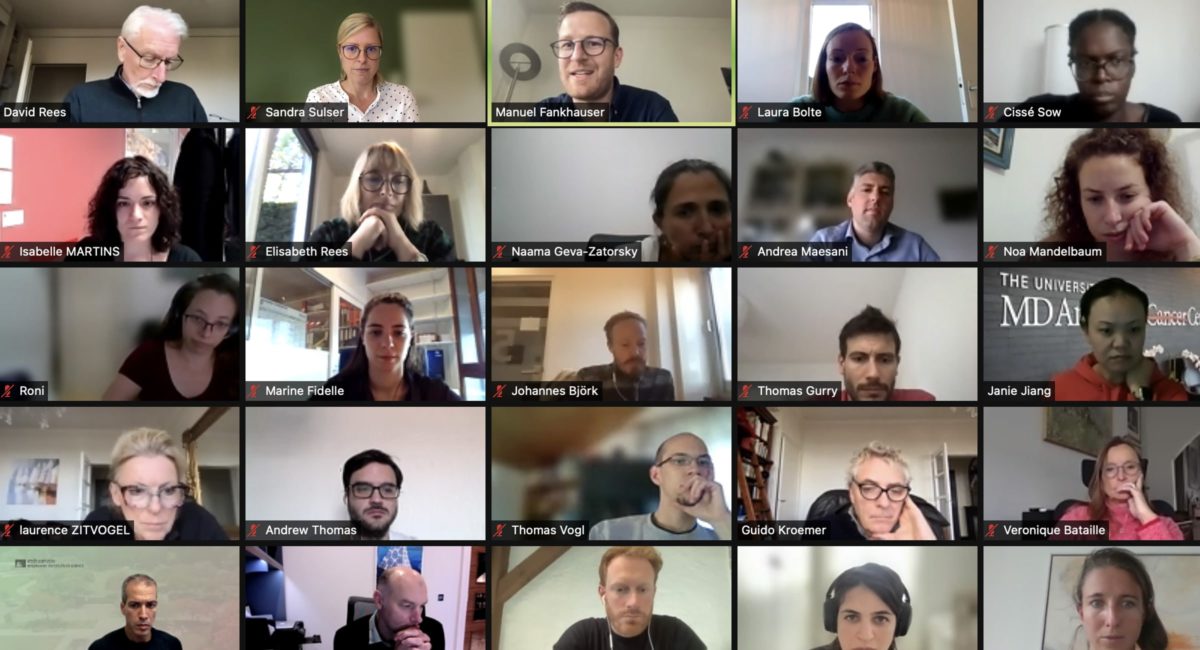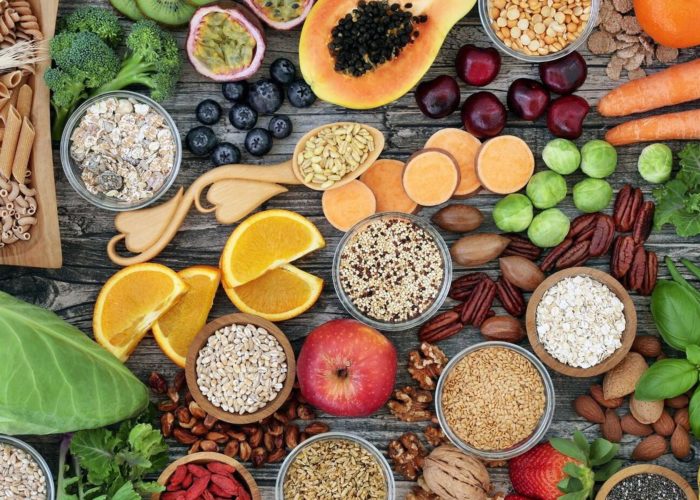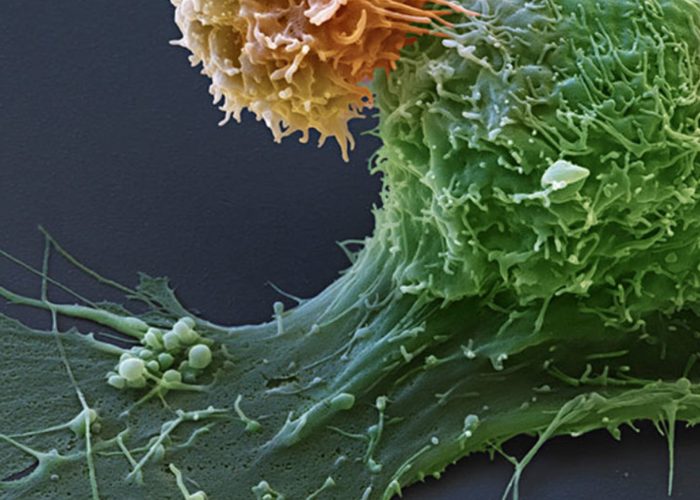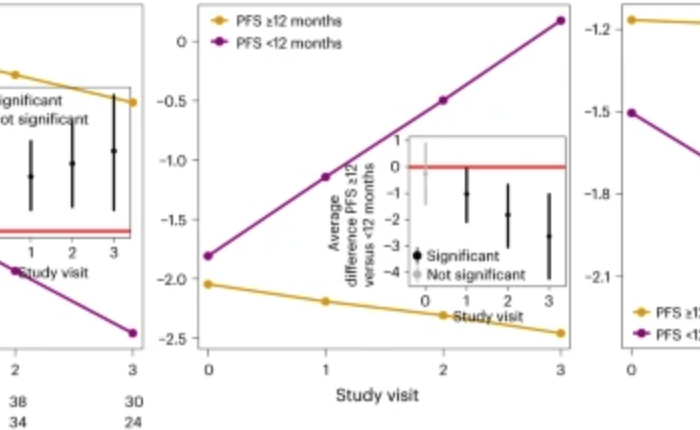Seerave Fellows Retreat 2021

This year we held the fourth Seerave Fellows Retreat from November 1 – 4, 2021, for the second time in an online setting. Despite being spread all over the world, flourishing study results, intense academic discussions and highly interesting perspectives shared by the entrepreneurial partners of the network as well as short virtual lab tours made this year’s retreat a success!
Here are the key highlights from the academic projects of this year’s retreat:
Controlled dietary interventions in melanoma patients (MDA):
The recruitment for the Phase 1 study on high fiber diet in melanoma survivors was completed and preliminary analysis showed shifts in the gut microbiome, circulating metabolites and cytokines. For the Phase II study (high fiber diet in active melanoma patients undergoing immune checkpoint inhibition) the first melanoma patients (of 53 total) have been enrolled.
PRIMM UMCG & KCL:
The metagenomic analysis showed amongst other findings that antibiotic use of stage 4 melanoma patients undergoing immune checkpoint inhibition associates strongly with progression-free survival after 12 months. The full work on baseline metagenomic signatures will be published in Nature Medicine in the coming weeks. In addition, first data was presented around the correlation between dietary patterns as assessed by food frequency questionnaires and treatment outcome. We’re looking forward to this data being made available to the public soon as well!
Personalised Nutrition Study (Weizmann):
108 of a total of 200 patients have already been recruited and 48 patients finished the 6 month intervention. An intermediary analysis showed good adherence, weight loss in both groups and that the microbiome analysis can differentiate breast cancer vs healthy population. The full omics-analysis of stool and bloods will be initiated in 2022.
Antibody screening platform (Weizmann):
A platform to screen 200’000+ antibody epitopes per blood sample has been established. It showed that antibody patterns are a personal fingerprint and associate with age, gender and the inflammatory marker CRP (see here). The same platform was deployed for Sars-CoV-2 screenings, which established that antibody repertoires of recovered COVID-19 patients showed distinct changes compared to unexposed pre-pandemic controls. Find the publications here.
Characterising postprandial inflammation in humans (HUG):
This small feasibility study with n=3 has been successfully concluded, in which 92 inflammatory markers have been assessed 10h post-meal (every 20 min). An intermediary analysis showed personalised inflammatory responses depending on meal type (mediterranean vs junk food vs junk food + fiber).
Impact of microbiome-derived metabolites on immune cells (Technion):
The team could show that when you feed bacteria with different carbon sources, they will modulate immune cells differently, which is an additional proof for the diet-microbiome-immunity axis in vitro. It is still under investigation, which exact microbial-derived metabolites are relevant to this immunomodulation.
The last day of the retreat was dedicated to our “enabling initiatives”. The food tracking app “MyFoodRepo” and their plans to become the international gold standard for nutrition tracking in research cohorts was presented by Marcel Salathé and Andrea Maesani (Federal Institute of Technology Lausanne). Hexagonfab explained their expertise around field-effector-transistor technology which could be key in enabling wearable biosensors in the future. The smart toilet initiative and the current prototype of their GutLab, a fully automated, at-home minilab that replaces manual stool sample kits, eliminating patient friction and enabling continuous, at-home sample generation was presented by Kevin Honacker from BiomeSense. Micronoma pitched their approach to utilise cell-free microbial DNA biomarkers and machine learning technology to achieve early detection and classification of cancer from minimally invasive liquid biopsy samples. And finally current efforts and strategies on the Seerave-initiated and -led project for continuous inflammation monitoring were presented by the Seerave project leader Rossella Fontana.
We remain highly impressed by all the hard work that is carried out in the labs and look forward to another year full of new findings, mechanisms, biomarkers and surprises!
Continue Reading


